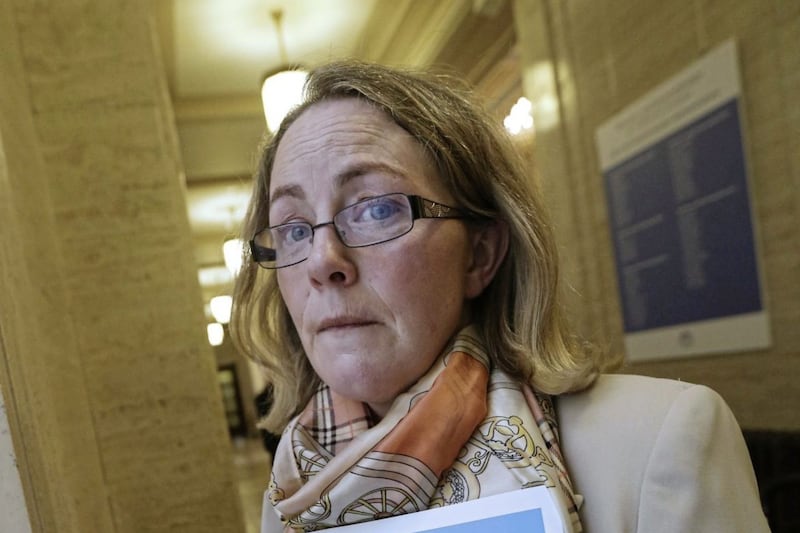RELIGIOUS orders and charities who ran children's homes still have not paid any money to a compensation scheme for victims of historic abuse 18 months after it was established.
A redress board for survivors of historical institutional abuse was set up in March last year, several months after legislation was passed at Westminster.
So far, more than £24 million has been paid to victims - none of which has been funded by religious institutions or charities.
The Northern Ireland Civil Service has already told institutions found guilty of systematic failings by the Historical Institutional Abuse Inquiry (HIA) that they have an obligation to contribute towards redress.
The HIA inquiry investigated 22 institutions including homes run by the Sisters of Nazareth, Good Shepherd Sisters, Christian Brothers, Sisters of St Louis, Barnardo's, Church of Ireland and the state.
The inquiry exposed serious sexual, physical and emotional abuse over decades at the homes.
Executive ministers will meet some of the institutions who ran the homes next week to discuss their redress contributions.
A spokesperson for The Executive Office said: “Ministers are meeting next week with six institutions, including the Catholic institutions, for focused discussions on contributions towards redress.
“As at 30 September 2021, £24,109,678 has been paid directly into the applicant’s or applicant’s solicitor’s account on receipt of an Acceptance of Award from the applicant.”
In the Republic, 18 religious congregations agreed in 2002 to pay €128 million in return for a state indemnity against all future actions by former residents of institutions.
The final two properties were transferred by the Catholic Church to the state last year.
However, the overall compensation bill has cost the Republic in excess of €1.4 billion.
Earlier this month, the Diocese of Dromore set aside £2.5 million for victims of clerical abuse, including by paedophile priest Malachy Finegan. However, the sum has been branded as insufficient by some survivors given the wealth of the church.
An expert panel also recommended a redress scheme earlier this week for survivors of Mother and Baby Homes and Magdalene Laundries in the north.
The panel said compensation payments should be paid to victims at the start of a public inquiry.
The Executive Office said earlier this year that religious institutions have been willing to come forward to discuss compensation.
Then First Minister Arlene Foster and Junior Minister Declan Kearney met Catholic Archbishop Eamon Martin, Church of Ireland Archbishop John McDowell, and representatives from Barnardo’s and the Association of Leaders of Missionaries and Religious of Ireland (AMRI) earlier this year.
"All agreed that acceptance of responsibility and recognition of the harm done were central to the way forward," an Executive Office spokesman said.
Sinn Féin MLA Linda Dillon said all religious orders and charities highlighted in the HIA report must contribute to the redress scheme.
"Everybody who bears responsibility for what happened to children, who are now in many cases traumatised adults, should be doing their part in terms of redress," she said.
"Victims feel like the people who did what they did are getting away with it.
"Whilst it doesn't need to be victims' battle, I think we need to fight on their behalf.
"I think that we need to ensure that they feel that whatever organisation was responsible for the suffering that was visited upon them does pay recompense through the redress board."
Ms Dillon said the institutions who ran Mother and Baby Homes and Magdalene Laundries must also contribute to any compensation.
"The laundries were making money off the backs of women who were their victims," she said.
Institutional abuse survivors are still waiting for an apology and a memorial to victims even though these were recommended by the HIA inquiry in 2017.
Margaret McGuckin from Survivors and Victims of Institutional Abuse (Savia) has been campaigning on the issue since 2008.
She said orders and charities must make a substantial contribution.
"We had to go to the High Court," she said.
"We had to fight for legislation to go through Westminster.
"It's as if the religious orders are getting off scot-free."






